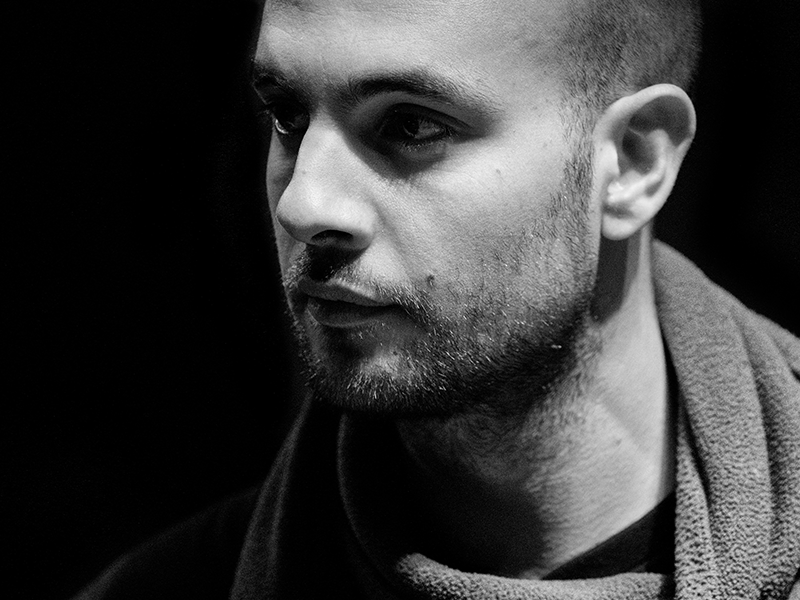Israeli jazz pianist Shai Maestro made his second appearance at the Montreal Jazz Festival in July, but his connection to the city goes way back.
Not only does he have a pact with Montreal bassist Rick Rosato to play together once a year – “Our plan is to continue this tradition until we’re 75, or until one of us can’t play anymore,” according to Maestro – his jazz origin story begins with local legend Oscar Peterson.
“The first things that caught my attention were his sound, his swing and the joys of life I felt in his music,” explains Maestro, who was first exposed to jazz through Peterson’s The Gershwin Songbook when he was eight years old. “That album was a rarity for Peterson, in that he plays very slowly and melodically, without his usual pyrotechnics.” This was Maestro’s introduction to the world of being a melodist, something he holds true to in his compositional style.
After discovering that album, Maestro spiralled down the rabbit hole of record collecting – delving deeper and deeper to find every hidden corner of every album he could get his adolescent hands on.
Maestro’s autodidactic nature took hold from a young age and contributed to his decision to turn down a scholarship to the Berklee College of Music when he was a high school sophomore.
“Don’t get me wrong, school is great for some people. I just knew what I wanted to do from an early age. Kind of like a baby wants to learn language to communicate, I heard a song and wanted to learn to play it. The road happened naturally. I didn’t need someone telling me which way to go at every fork,” he says.
The young pianist’s “natural road” led him straight to the home of Israel’s most esteemed international bassist, Avishai Cohen. After his friend (and Cohen’s current pianist) Omri Mor introduced the two, it did not take long for Cohen to call up Maestro, who was then 19, and invite him to join the band in New York.
Maestro soaked up every moment of the five life-changing years with Cohen that followed. “I kept my heart, eyes and ears open, soaking in everything from (Cohen’s) rhythmic approach, to how to run a sound check. It also helped to share the same cultural background. As Israelis, we grew up on the same artists, so we had a common language – Matti Caspi, Arik Einstein.”
In his last two years with Cohen, Maestro’s affinity for compositional experimentalism veered in a new direction – at first with abstract ideas, and eventually with a trio of his own. Today, he has released four albums.
“The albums represent such different periods in my life. I’m proudest of my most recent album, The Stone Skipper. It’s less shiny than the others, more introverted and melodic, and filled with explorations,” says Maestro, who is getting set to throw a new album into the mix.
His July 6 show at the Montreal Jazz Festival was at Gesù – the same intimate venue where his former mentor, Cohen, played when he was at the festival two years ago.
Maestro said his set lists are never planned. The whole show is improvised.
“We don’t even have a set list. We basically start improvising and see where it takes us. There isn’t a game plan, which makes it much more compelling for me – hopefully for the audience, as well.”
According to the Israeli-born, Brooklyn-based pianist, the most beautiful gift that anyone can give is the gift of being oneself. In that respect, his idea of a “successful concert” is not going out and playing a polished show, but rather going out there and being as “authentic as you can. Not necessarily trying to impress or satisfy (the audience), but trying to be on the same wavelength.”
Maestro ends on a note of gratitude towards his Montreal audience: “I’ve been touring for over a decade now, which means that I have the honour of developing relationships with communities that I visit over and over again. I want to thank everyone in Montreal and Canada for supporting my music throughout the years and for giving me the chance to deepen my relationship with you all. There is something about the way that you guys listen that allows this to happen more than in any other place.”
